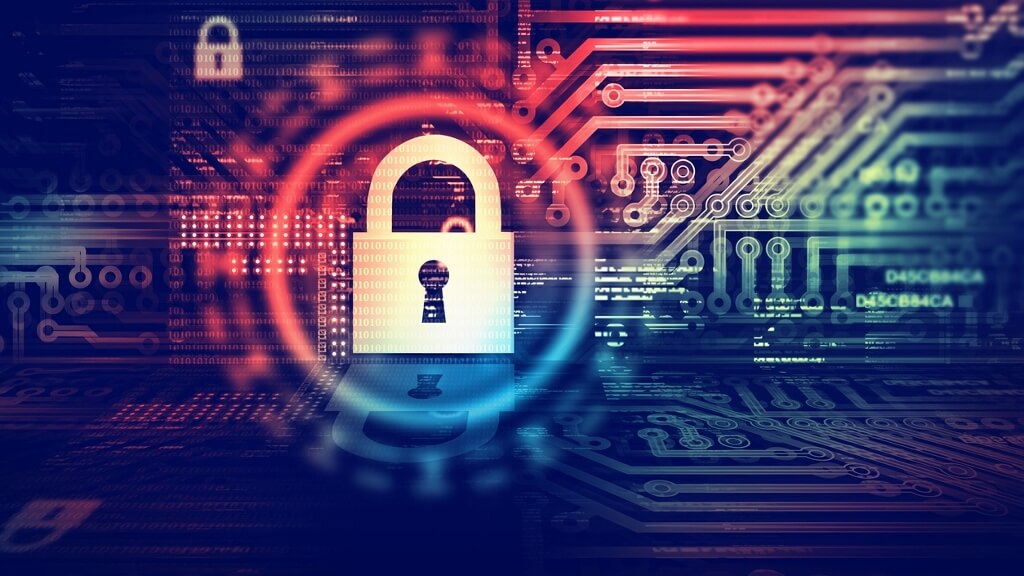Hacking has caused millions of data breaches all over the world and unknowingly, you’re helping it happen. But don’t fret. Here’s what you can do to stop hackers in their tracks.
How To Stop Hackers Stealing Your Data
Hacking has caused millions of data breaches all over the world and unknowingly, you’re helping it happen. But don’t fret. Here’s what you can do to stop hackers in their tracks.

Large-scale cyber attacks are increasingly common, yet the victims of breaches are often unwittingly complicit in the crimes. Here's how consumers are allowing hackers to run riot - and what we can all do to stop it.
First, two examples from the last six months (!) in which millions of records were stolen from unsuspecting individuals:
1. Uber (Nov 2017)
Uber, the famous global transportation tech company, disclosed just a few weeks ago (Nov 22) that the company’s data for 57 million users and drivers had been compromised. These data included names, phone numbers, email addresses and driver’s license information of 7 million Uber drivers.
The worst part was this data breach actually happened a year ago (Oct 2016) and Uber concealed the news from authorities and affected customers and drivers by paying the hackers $100,000 ransom to transfer the stolen data back. Goodness!
2. Equifax Inc. (Jul 2017)
Equifax, one of the largest credit card bureaus in the US, revealed on July 29 that a data breach had compromised the personal data of more than 15 million UK consumers: social security numbers, names, birth dates, addresses and driver’s license number and credit card data.
Convenience has a price and the downside of easy internet access is a tonne of security threats!
As the internet because gradually more ubiquitous, so do sophisticated cyber attacks, targeting everyone’s information.
In many ways, however, you are helping hackers and cybercriminals in stealing your data. Here's how.
Ways You Are Helping Hackers Steal Your Data
1. Using the same passwords across multiple accounts
2. Reusing a main email for other accounts
3. Using public WiFi and chargers
4. Unsafe browsing habits
5. Downloading unsolicited email attachments
6. Downloading free software and clicking unsafe links
7. Shopping on unsecure sites
8. Storing credit and debit card information online
9. Filling out credit card information on unsafe websites
10. Not updating your software
11. Not encrypting your data
12. Tweeting and sharing just about anything on social media
13. Allowing employees to bring company data with them
Why do hackers do what they do?
1. It’s their job
2. Sell stolen data to the darknet and brokers
3. Fun and to seek public attention
4. Spy on people and businesses
5. Practice learned skills
6. Political expression
7. Curiousity
8. Prominence among hacking community
How to Stop and Counter These Hackers?
1. Email Security - There are many compelling reasons to stop using email especially in the workplace, but if you’re still using email, it is better to use more than one account and not to use the main email account in registering to other accounts.
It’s also wise not to use your email as a username on other sites since it gives hackers a hint and easier access to your account. To minimize these hazardous cyber attacks, consider using a secure online collaboration system with bank-level security using data encryption for both data in transit and at rest.
2. Password Security - Use a very strong & complex password. Use phrases and different combination of characters instead of birthdates and names. Also, NEVER REUSE your password across other accounts. If you do, you’re giving an easy job for hackers. Change your passwords now.
3. Use Strong Security Questions - Security questions are equivalent to passwords. Instead of using easy questions like “Where are you born?” or “What’s the name of your mom?” try using a more difficult question like “What is your favorite movie?” or “Where did you first meet your spouse?” and use unpredictable answers to those questions. A phrase will do.
4. Secure Browsing Habits - One of the main culprits for jeopardized accounts is clicking on any link and downloading anything online. Be extra careful and never click suspicious links or download anything online. Make secure browsing a habit.
Always be on the lookout for a secure website with Secure Sockets Layers (SSL) that gives additional security protocol, one that has https:// at the beginning of the URL. Other browsers also put a padlock icon indicating security on the website.
5. Beware of Free Public WiFi - Public WiFi is not secure. It could allow man-in-the-middle attacks (MITM) gaining access to whatever you’re doing online, even your bank account details. Malware spread, phishing and identity theft is a high risk when using a free public WiFi.
6. Shop Only on Secure and Trusted Sites - Among thousands of online retailers, many are scams that could lead to credit card info theft. Shop only at familiar, well-known and trusted websites like Amazon, eBay, and IKEA.
Also, use credit instead of debit card when purchasing items online or via POS. Make sure to set your credit card limit.
7. Share Less or Avoid Social Media - For your own safety, don’t share too much unsolicited information on social networking platforms like where you are currently at, what you’re doing, your address, where you are going next along with a passport or visa picture.
JUST DON’T. It’ll make your account vulnerable and easier to hack. Or you can avoid social media entirely.
8. Use Two-Step Authentication When Available - Use mobile phones in authenticating login on emails and social accounts
9. Update Your Software Regularly - Take advantage of updates to fix bug issues and increase security measures.
10. Encrypt and Backup All Your Data - Protect all your data saved in the cloud and on hard drives.
There are tonnes of ways to improve basic awareness and data security for your company; never be complacent about security.
Research and research, always, on news and updates and acquire more knowledge and tips on how to maximise security wherever you go. Be wise and vigilant, all the time.
Thanks for signing up to Minutehack alerts.
Brilliant editorials heading your way soon.
Okay, Thanks!

